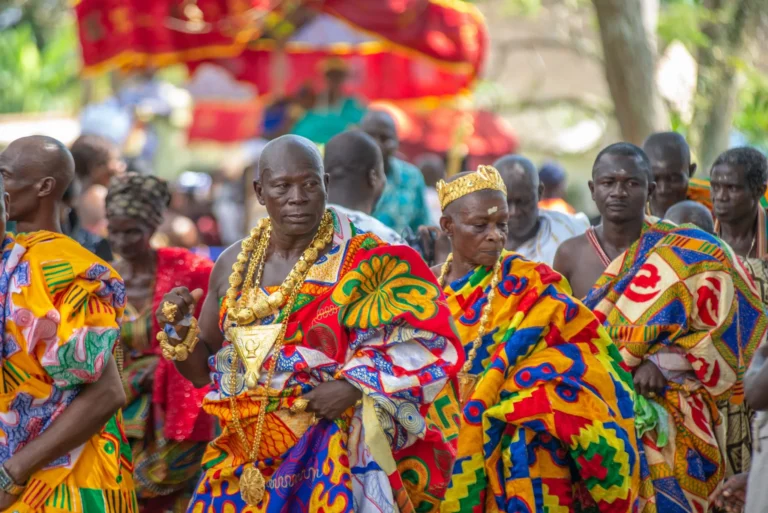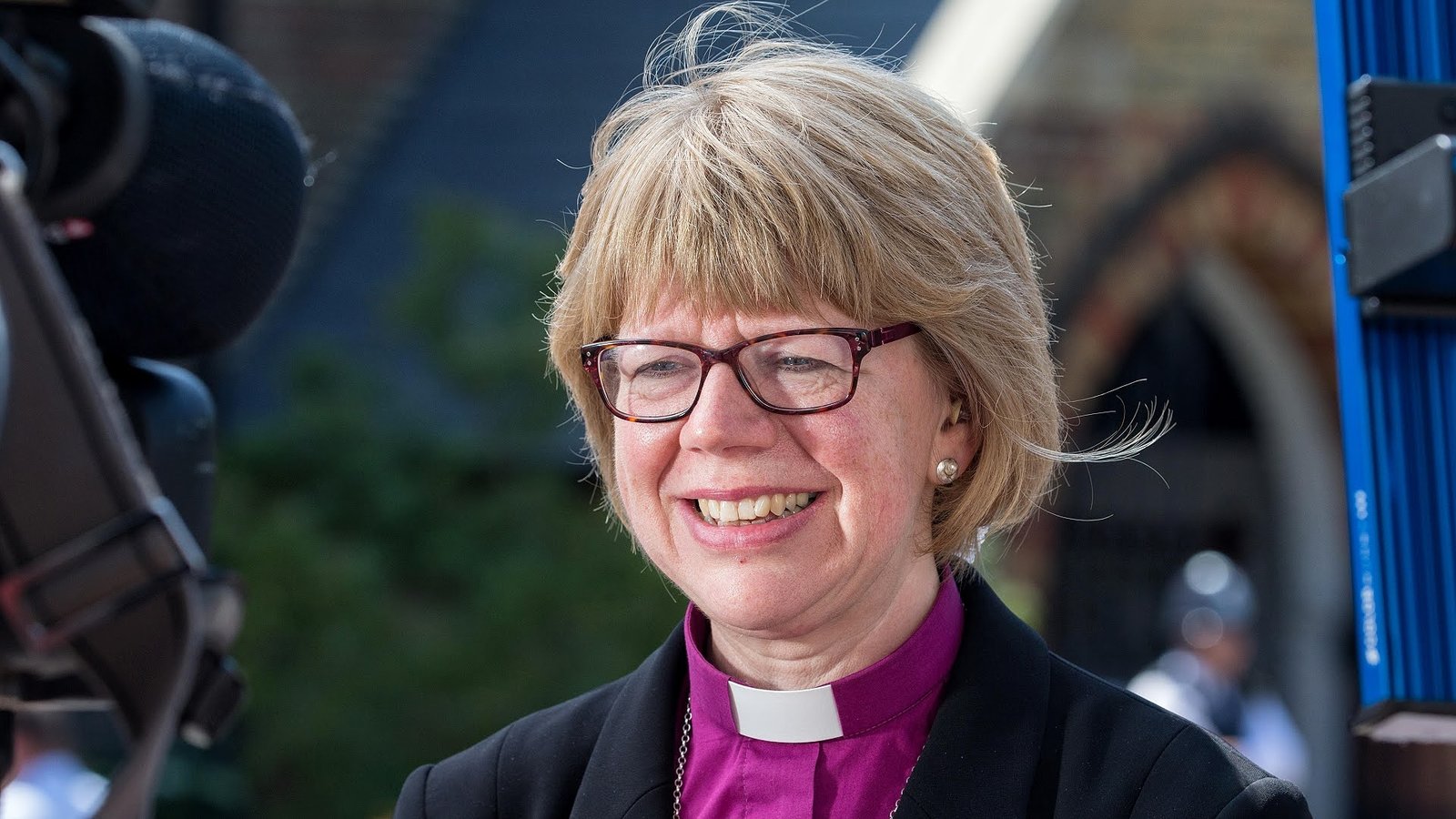On a warm night in May 2022, a video shot from a Dubai pavement began its viral march across the world.
The clip showed a young woman plunging from a glittering high-rise apartment.
Within hours, a name was stamped on the tragedy: “Mona Kizz.”
The internet declared that a Ugandan woman, Monic Karungi—better known by her Instagram handle, Mona Kizz—had taken her life after being exposed in another scandal.
The hashtag #DubaiPortaPotty trended globally, pushing lurid rumours that she had participated in degrading sexual acts for wealthy men in the Gulf.
Millions watched. Millions judged. And millions repeated the same false story.
But the BBC’s latest investigation has confirmed: the woman in that video was not Monic Karungi. By the time that truth was established, the damage to her name—and to her grieving family—was beyond repair.
From Western Uganda to Dubai’s Towers
Born in the rolling hills of western Uganda, Monic was like many African young women: ambitious, restless, and eager for more than her small town could offer.
Friends say she nurtured dreams of being a model, carving out an online persona as Mona Kizz, with stylish photos and captions that hinted at a glamorous future.
In 2021, she told relatives she had secured a job in Dubai. Family members believed it was something modest, like supermarket work. Instead, investigators later discovered, she became entangled in a shadowy world of sex work, debt, and coercion.
In April 2022, weeks before that viral video Monic died in Dubai. Authorities ruled it a suicide. Her family were left bewildered, while her name was hijacked by strangers and woven into a salacious online myth.
The #Dubai Porta Potty Scandal
The term “Dubai Porta Potty” had been circulating online long before Monic’s death. It referred to rumours of young women, particularly from Africa and Eastern Europe, allegedly flown to Dubai to take part in extravagant parties, some involving humiliating sexual acts.
Social media turned it into a grotesque spectacle. On TikTok and YouTube, creators racked up millions of views retelling and embellishing the rumours. Some stories were unverifiable, others clearly false. But amid the noise, real cases of trafficking and exploitation were buried.
Monic’s tragedy became the perfect storm: a young woman dead in Dubai, a ready-made scandal, and an online audience hungry for clicks.
A Reporter’s Two-Year Pursuit
It took nearly two-and-a-half years for the fuller picture to emerge. BBC journalist Runako Celina, working with Thread Studios, pursued a painstaking investigation she has described as “the hardest of my career.” (The BBC Exhaustive Investigation)
The team travelled across Uganda, speaking to women who confessed they had been deceived into debt-laden trips to the Gulf. They followed trails in Kampala’s bars and Dubai’s nightclubs. They deployed open-source intelligence (OSINT) to trace the men arranging these trips.
At the heart of it all, victims repeatedly named Charles Mwesigwa, also known as “Abbey.” Once a London bus driver, he is accused of running a pipeline of young Ugandan women to Dubai, under the guise of jobs or modelling opportunities.
An undercover reporter even confronted him, exposing how the recruitment machine continues to operate despite mounting evidence of exploitation.
Was It Really Suicide?
Dubai police listed Monic’s death in April 2022 as suicide. Her family, however, say unanswered questions remain.
Was she pushed into despair by mounting debt?
Did threats from traffickers contribute to her decision?
And why was her image so quickly entangled in a video that was not her?
While definitive legal proof may never emerge, the BBC’s investigation leaves little doubt: Monic’s death cannot be separated from the system of coercion and manipulation in which she was caught.
The Ripple Effect
The release of the investigation has sparked a global conversation.
In Uganda, lawmakers have raised the matter in Parliament, demanding stronger protection for women recruited to the Gulf.
On YouTube, the documentary Death in Dubai attracted nearly one million views in just three days.
On TikTok, clips linked to the reporting have amassed more than 7.6 million views.
Prestigious outlets, including the Financial Times and Woman’s Hour, have reviewed the investigation, amplifying its findings.
For Monic’s family, the renewed focus has offered a bittersweet comfort. At last, their daughter’s story is not just a scandal, but a cautionary tale forcing authorities to pay attention.
Nigeria’s Own Gulf Labour Crisis
Uganda is not alone. Nigeria, too, has faced waves of troubling reports about its citizens—mostly women—lured to the Middle East by promises of jobs, only to find themselves trapped in domestic servitude or sexual exploitation.
The National Agency for the Prohibition of Trafficking in Persons (NAPTIP) has in recent years intercepted multiple trafficking rings and repatriated victims from Oman, Lebanon, and the UAE.
Experts warn that economic desperation, unemployment, and the glamour of social media “success stories” continue to fuel the cycle.
How the Internet Destroys Twice
The Mona Kizz story is also a stark lesson in digital cruelty.
Misidentification: The viral video wasn’t her, yet millions believed it.
Amplification: Creators chasing views repeated lies, multiplying the harm.
Silencing: Real victims’ stories were drowned out by gossip and scandal.
For young Africans online, Monic’s fate is a chilling reminder of how reputations can be destroyed in hours, and how vulnerable lives are easily consumed for clicks.
Beyond One Woman
At its heart, the Mona Kizz tragedy is not just about one young woman’s death. It is about the machinery of exploitation that stretches from Africa’s poorest villages to the luxury towers of Dubai.
It is about governments too slow to act, traffickers too bold to hide, and an internet too eager to feast on tragedy.
And it is about the millions of other Monics—women whose names we may never know—still trapped in the same system.
Monic Karungi dreamt of a brighter future. Instead, she became a symbol of a continent’s failure to protect its daughters, and a world’s failure to look beyond scandal to the truth.























